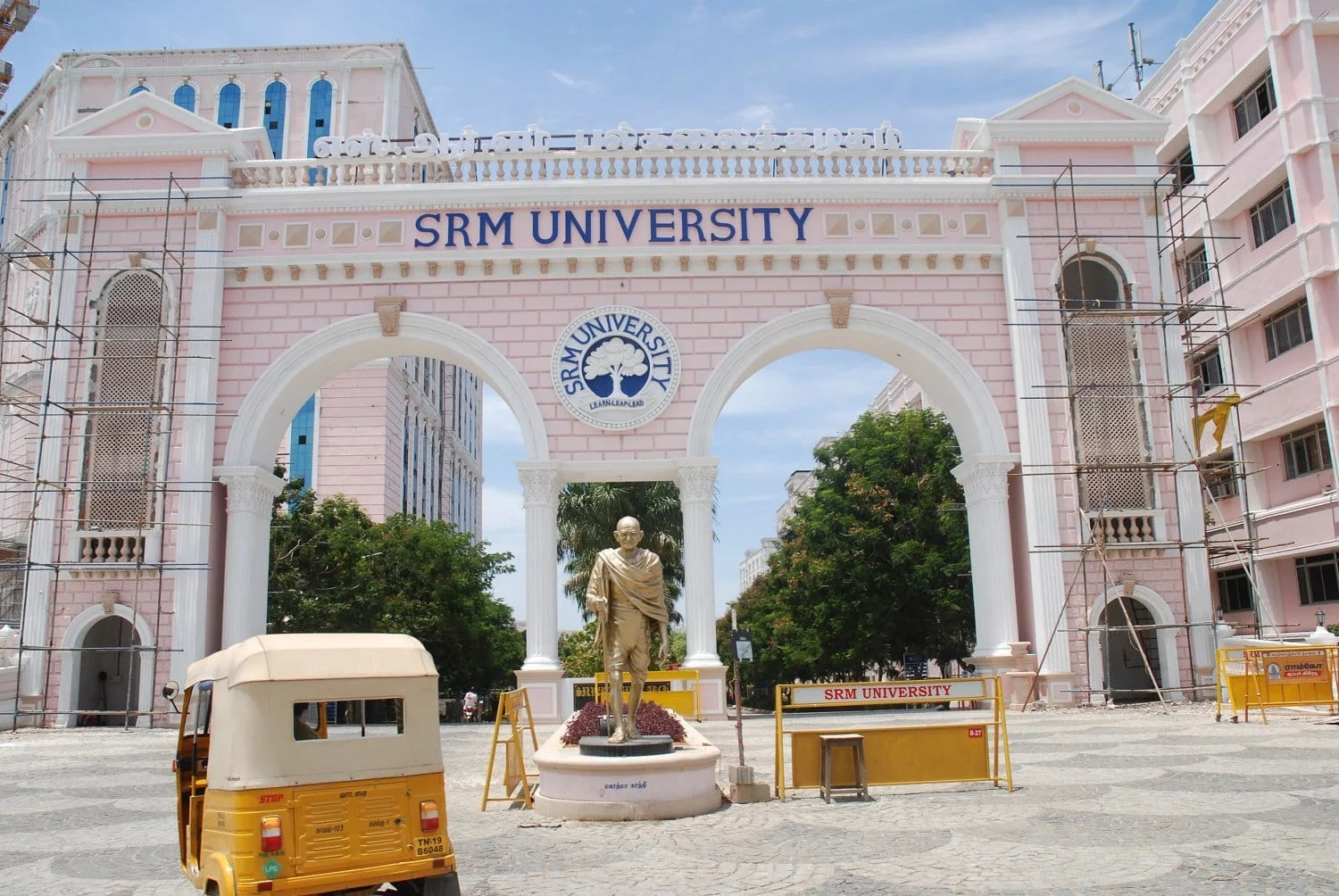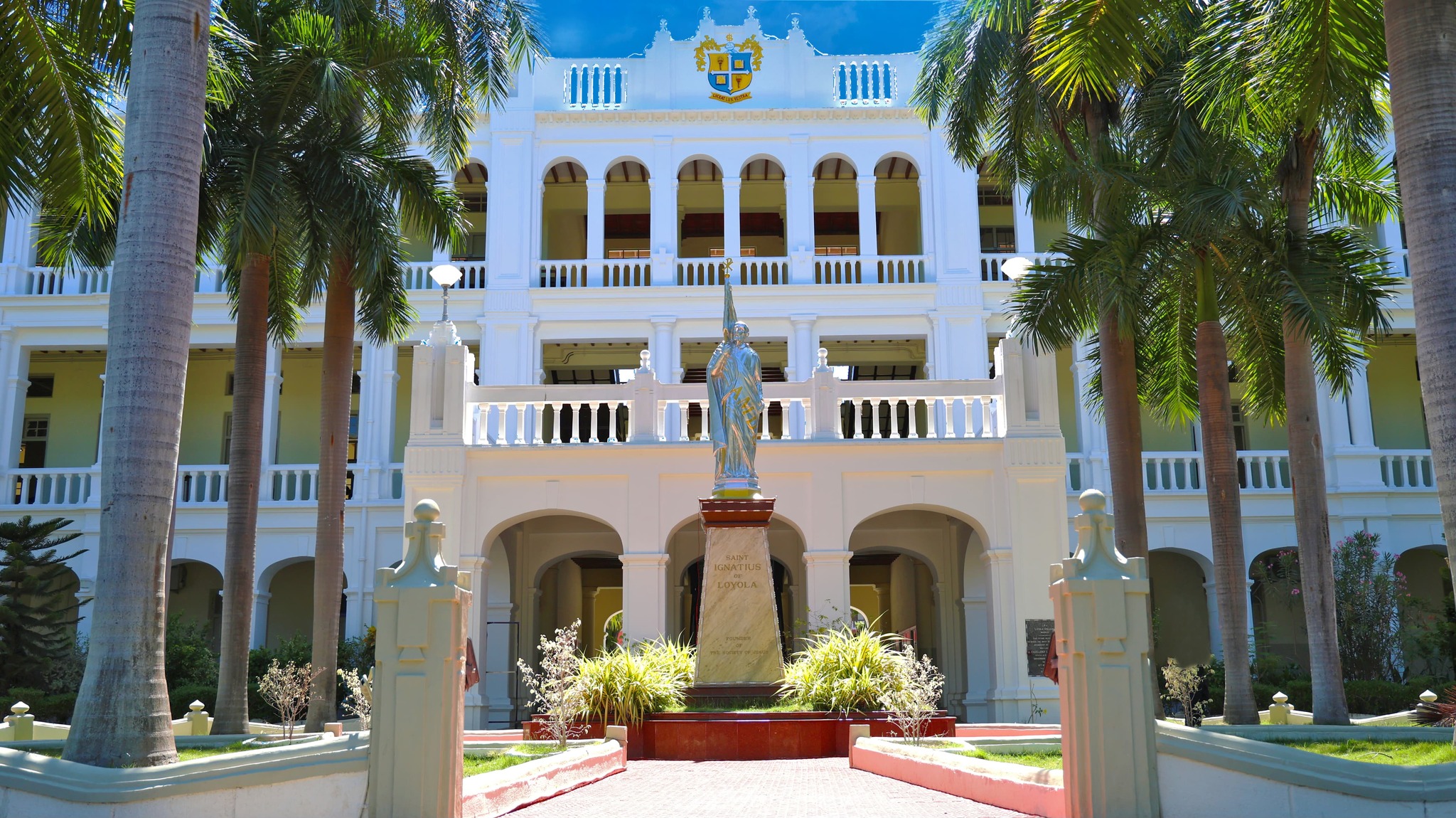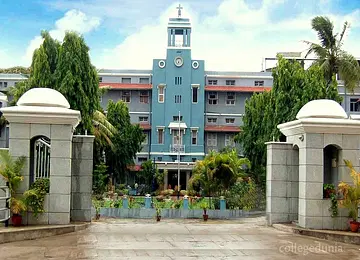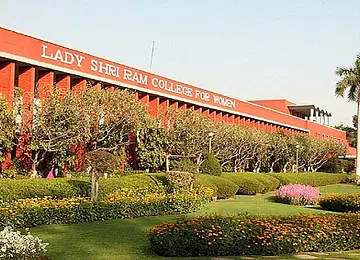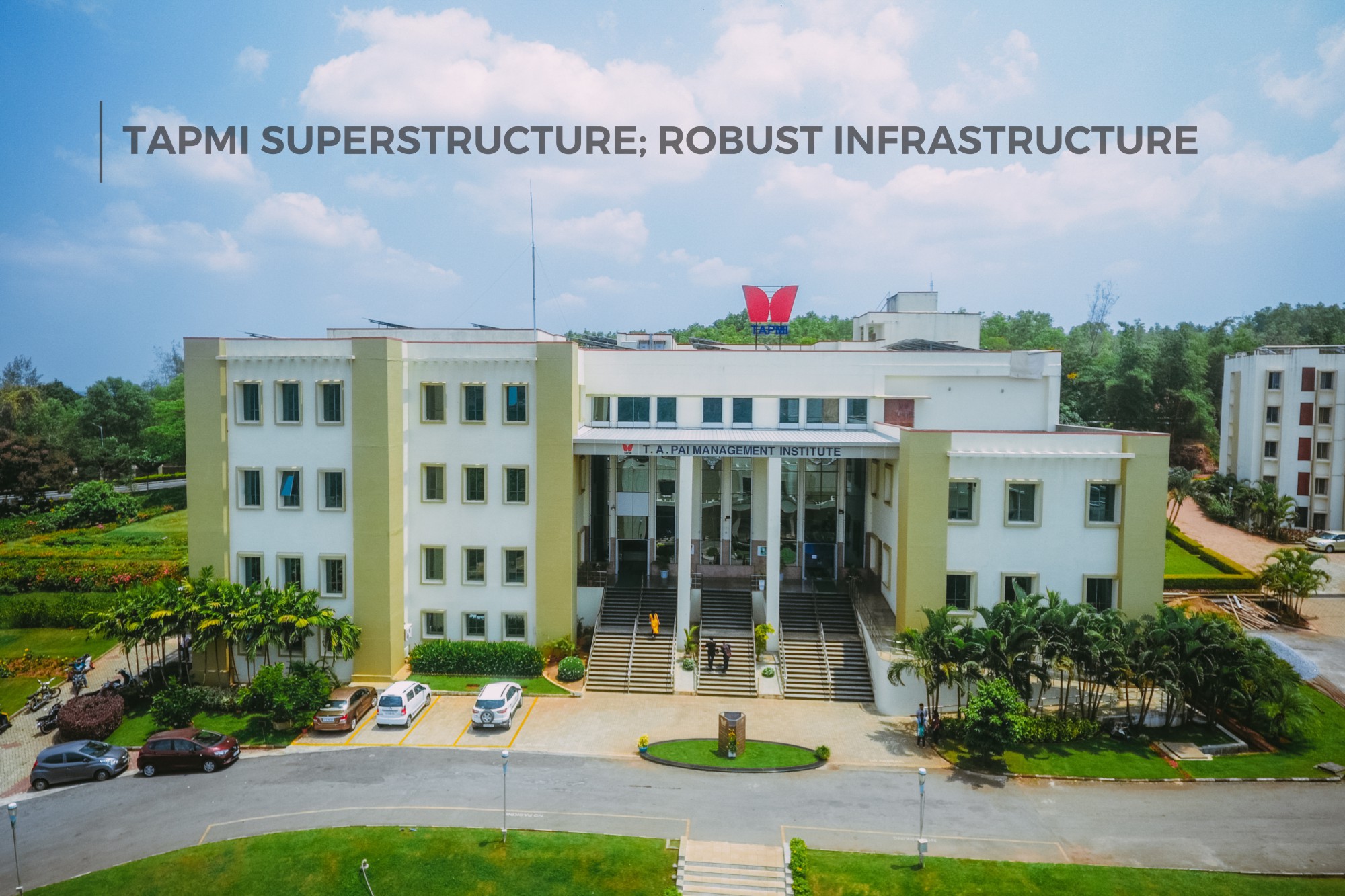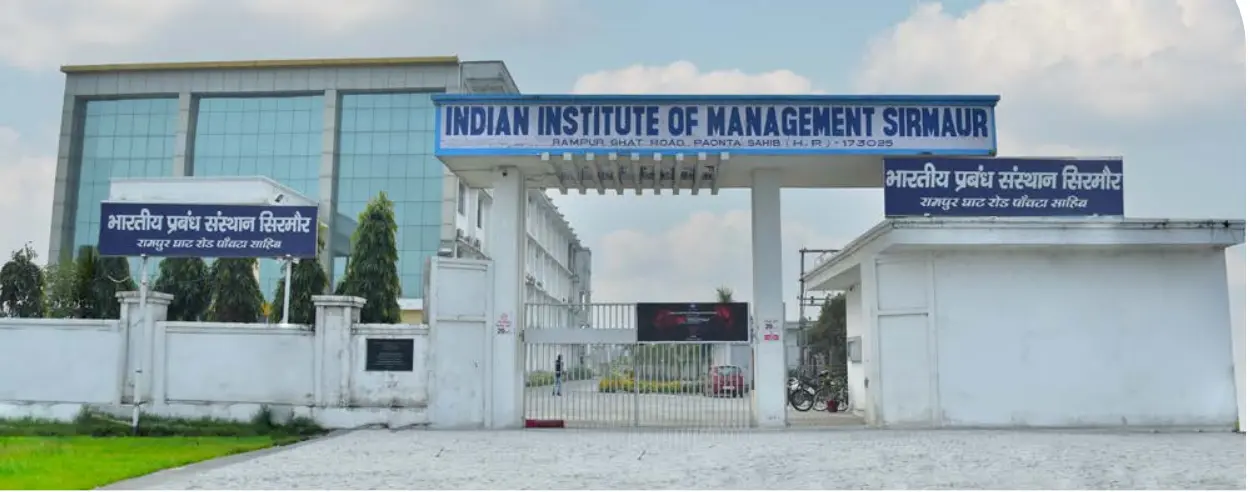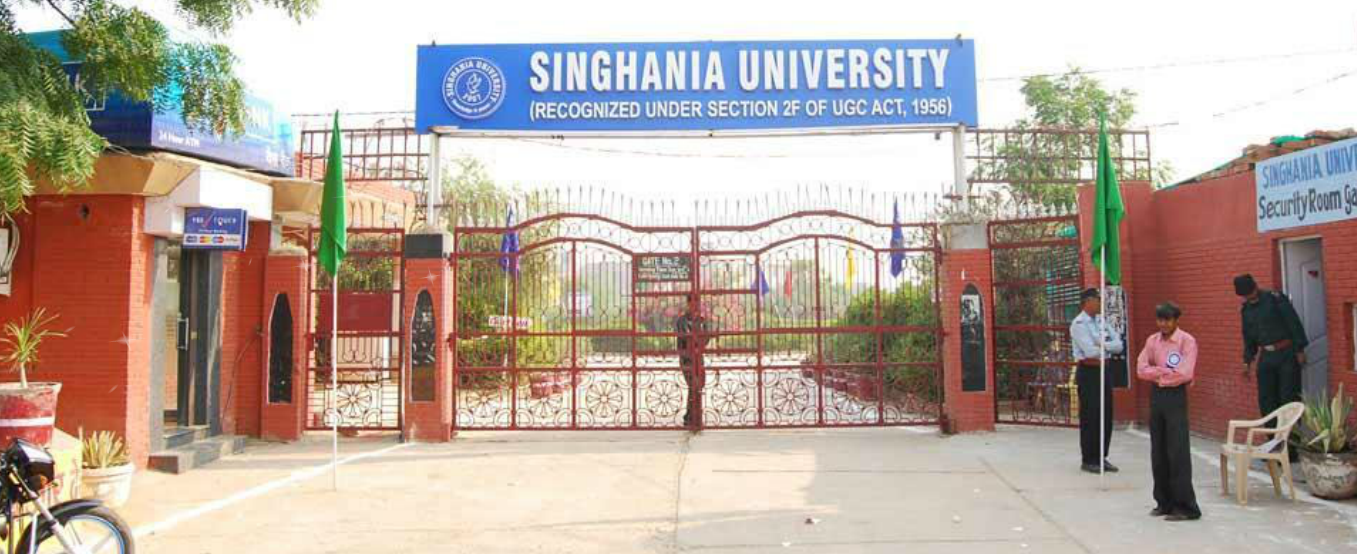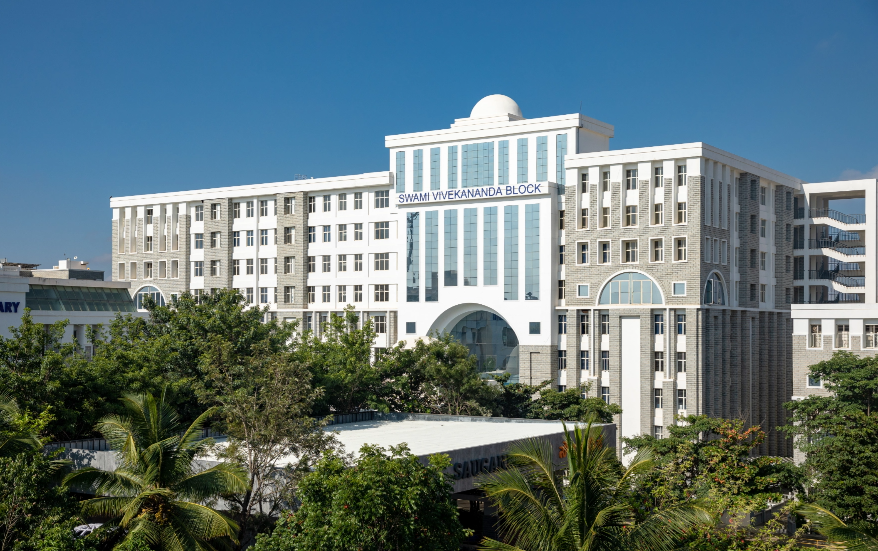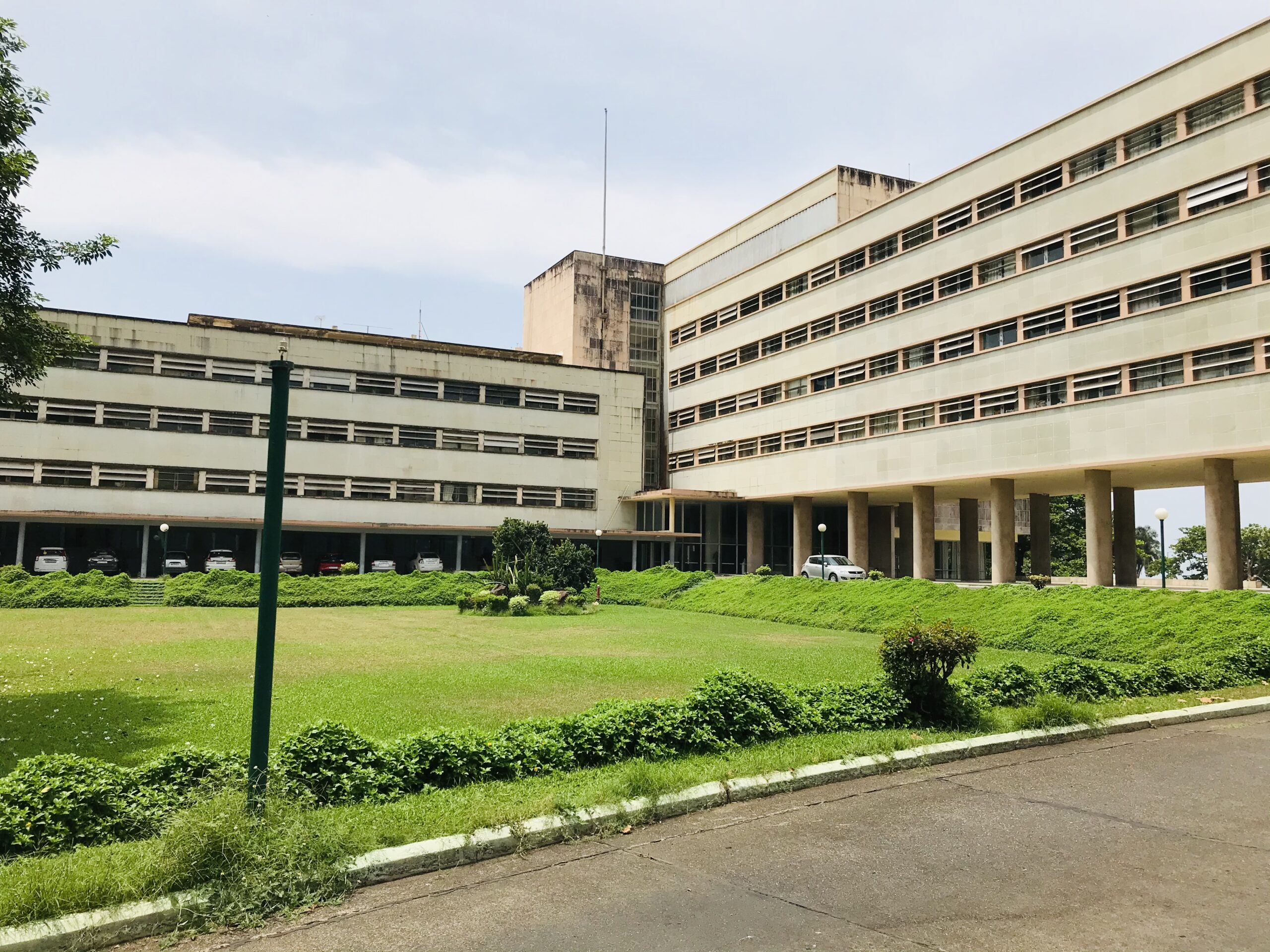
Tata Institute of Fundamental Research (TIFR), based in Mumbai, is one of India’s premier research institutions dedicated to fundamental research in science and mathematics. Established in 1945 with the support of the Tata Trusts, TIFR is recognized worldwide for its contributions to research in physics, mathematics, biology, and computer science. It is affiliated with the Department of Atomic Energy and operates as a deemed university.
History of TIFR
TIFR was founded in 1945 by the visionary scientist Homi J. Bhabha, who aimed to establish an institute dedicated to high-level research in fundamental sciences. Funded initially by J.R.D. Tata, the institute started as a small entity and has since grown into one of the world’s leading research institutions, particularly in theoretical and experimental physics.
TIFR has played a vital role in India’s scientific and technological progress, contributing significantly to nuclear research, space technology, and advanced mathematical research.
Programs Offered at TIFR
TIFR primarily offers research-oriented programs, including integrated M.Sc.-Ph.D. programs and direct Ph.D. programs across various scientific disciplines:
- Integrated M.Sc.-Ph.D. Program:
- Physics
- Mathematics
- Biology
- Computer Science
- Ph.D. Programs:
- Theoretical Physics
- Experimental Physics
- Mathematics
- Biological Sciences
- Computer and Systems Sciences
- Chemical Sciences
TIFR is well-known for its interdisciplinary approach, encouraging research that spans across these disciplines to solve complex scientific problems.
Admissions to TIFR
Admission to TIFR is highly competitive and is based on national entrance exams followed by interviews.
Admission Process for 2024: Key Details
- Application Deadline: October 2023
- Entrance Exam Date: December 2023 (TIFR Graduate School Admission Test – GS 2024)
- Interview Dates: February-April 2024 (for shortlisted candidates)
- Final Admission Confirmation: May 2024
Entrance Exam Overview (TIFR GS 2024):
- The TIFR GS Exam is the main gateway for entry into the integrated M.Sc.-Ph.D. and Ph.D. programs.
- Exam subjects: Physics, Mathematics, Biology, Chemistry, and Computer & Systems Science.
- Cut-off Marks: The cut-offs vary each year but are generally high, given the competitive nature of the exam.
Eligibility Criteria:
- Integrated M.Sc.-Ph.D. Program: Bachelor’s degree in a relevant discipline with at least 55% marks.
- Ph.D. Program: Master’s degree in a related field or relevant professional qualifications such as B.E./B.Tech. for some programs.
Fee Structure
The fee structure at TIFR is nominal, as it operates under government funding and receives significant support for its research activities.
- Integrated M.Sc.-Ph.D.: Approx. INR 10,000-15,000 per annum
- Ph.D. Programs: Approx. INR 10,000-20,000 per annum
Scholarships: TIFR provides fellowships to all admitted students, covering tuition fees, research grants, and a monthly stipend (ranging from INR 31,000 to INR 35,000) to support their research work.
Research at TIFR
TIFR is globally renowned for its cutting-edge research in various domains of science and technology. The institute fosters a strong culture of interdisciplinary research, and its scientists are regularly involved in collaborations with international institutions and research labs.
Key Research Areas:
- Theoretical Physics: Quantum mechanics, particle physics, cosmology, and string theory.
- Experimental Physics: Condensed matter physics, high-energy physics, and astrophysics.
- Mathematics: Algebra, number theory, geometry, and topology.
- Biological Sciences: Molecular biology, genetics, neuroscience, and bioinformatics.
- Computer Science: Algorithms, machine learning, computational biology, and cryptography.
Research Facilities:
- National Centre for Biological Sciences (NCBS) in Bengaluru, which focuses on frontier research in biological sciences.
- Homi Bhabha Centre for Science Education (HBCSE) in Mumbai, focusing on science education and outreach.
- Giant Metrewave Radio Telescope (GMRT), one of the largest radio telescopes in the world, used for astrophysical observations.
Placements and Career Opportunities at TIFR
TIFR’s focus is on research, and most of its graduates pursue academic and research careers. While traditional campus placements are rare, many TIFR students go on to secure prestigious post-doctoral positions in leading global research institutions or faculty roles in universities.
Career Paths for TIFR Graduates:
- Academia: Faculty positions in top Indian and international universities.
- Research Labs: Research positions in government and private labs, such as ISRO, DRDO, BARC, and CSIR.
- Industry: High-tech companies like Google, Microsoft, and IBM hire TIFR graduates for research and development roles, particularly in computer science and data science.
- Postdoctoral Fellowships: Graduates often secure postdoctoral fellowships in leading institutions such as Harvard, MIT, Princeton, and Max Planck Institutes.
Student Reviews:
- Research Environment: “TIFR provides a stimulating research environment with access to some of the brightest minds in the country and cutting-edge technology.”
- Interdisciplinary Focus: “The interdisciplinary approach at TIFR opens up numerous research possibilities and encourages collaboration across fields.”
- Faculty: “The faculty at TIFR are leaders in their respective fields and deeply invested in nurturing young researchers.”
Campus Life at TIFR
The TIFR campus in Colaba, Mumbai, is known for its serene surroundings and modern research facilities. While the institute is research-focused, it also fosters a vibrant campus life with various extracurricular and cultural activities.
Accommodation and Hostels:
- On-campus accommodation is provided to all students, with separate hostels for men and women.
- The hostels are equipped with dining facilities, common areas, and recreational spaces.
Sports and Cultural Activities: TIFR promotes a balanced lifestyle for its students and staff. The campus includes facilities for sports such as football, cricket, badminton, and a gymnasium.
Events:
- Kaapi with Kuriosity: A monthly event where faculty and students discuss scientific topics informally over coffee.
- Annual Research Scholars’ Meet: A yearly event where Ph.D. students present their research work.
International Collaborations
TIFR collaborates extensively with international institutions and research centers. These collaborations often result in joint research projects, student exchange programs, and access to global research networks.
Notable Collaborators:
- CERN (European Organization for Nuclear Research) for high-energy physics research.
- Max Planck Society, Germany.
- Harvard University, USA.
- University of Cambridge, UK.
Why Choose TIFR?
- Research Excellence: Recognized for its contributions to fundamental and applied research.
- Global Reputation: Collaborates with international universities and research centers.
- Top-tier Faculty: Home to some of the leading researchers and academicians in the world.
- State-of-the-art Facilities: Equipped with cutting-edge technology for advanced research.
Conclusion
The Tata Institute of Fundamental Research (TIFR), Mumbai stands at the forefront of scientific research and innovation in India. Its world-class research programs, outstanding faculty, and global collaborations make it an ideal institution for aspiring researchers. TIFR provides a robust foundation for students to contribute to science and technology, not only in India but on the global stage.
4o
